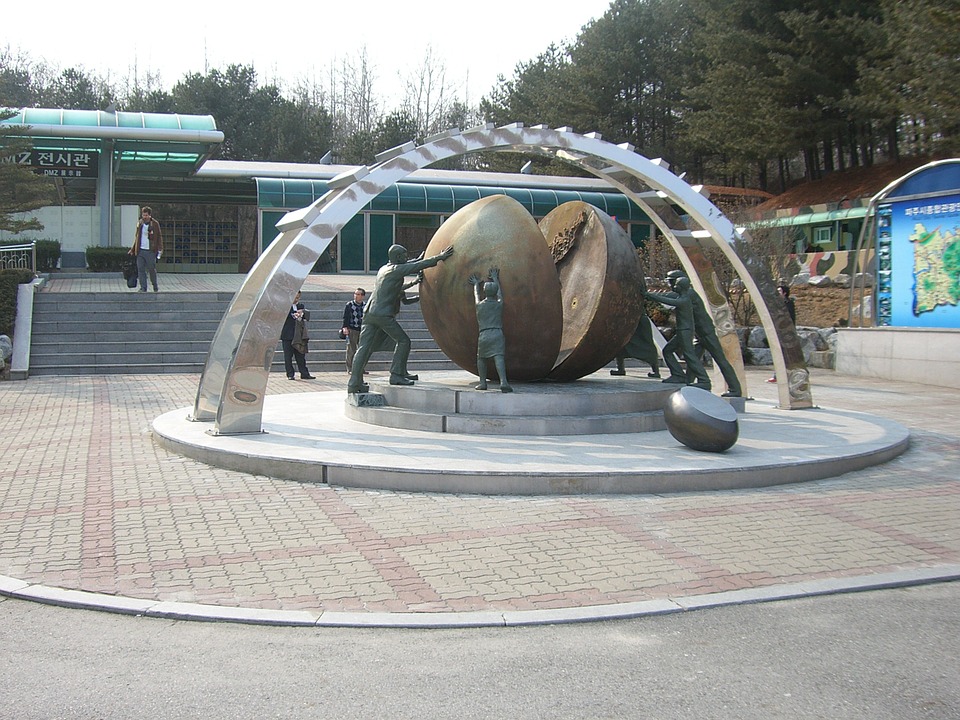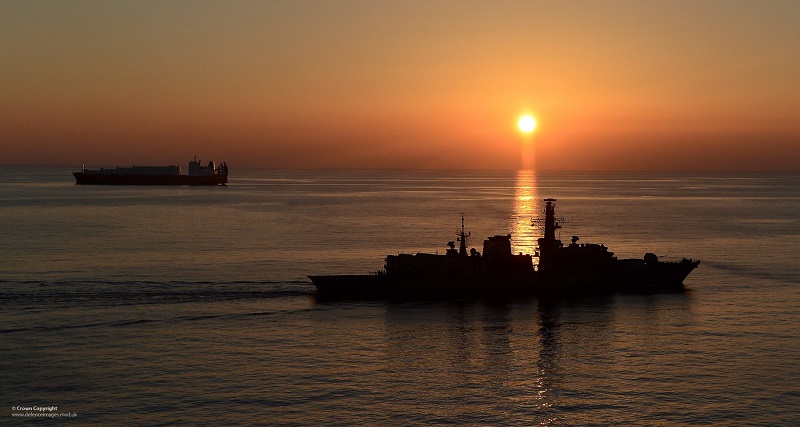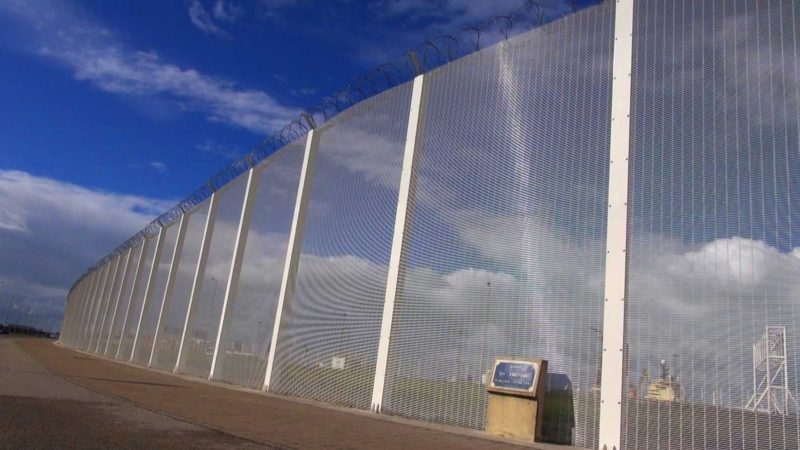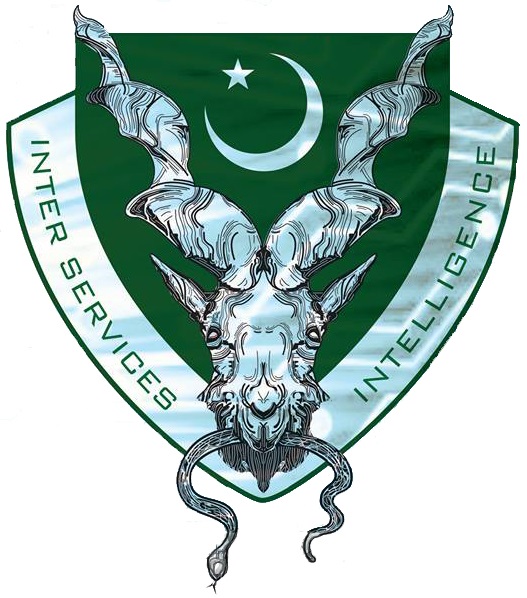The Korean Peninsula and Northeast Asia are politically and militarily unstable. The former has been in a state of war for the last 70 years. North Korea has quite possibly not abandoned its plans to develop nuclear weapons and ICBMs, China is poised for regional hegemony, the United States still influences the region, and Russia is exerting its own pressure on Northeast Asia.
Is it Northeast Asia’s fate to face the persistent threat of geopolitical conflict and instability? Is there any way to alleviate this and promote a more peaceful settlement?
A solution can be found in the establishment of a multilateral security system there, bringing about peace, stability and economic prosperity to Northeast Asia. In particular, the support and cooperation of Northeast Asian countries is important for the unification of the Korean Peninsula, so the backing of this security arrangement is potentially even more compelling.
When it comes to multilateral security arrangements, NATO is one of the most tried, tested, and robust models in the world. It was created in 1949, during the Cold War, to combat the military threat of the eastern, socialist countries centered on the Soviet Bloc. In theory, an armed attack on one of NATO’s member states would prompt all other NATO states to consider it an attack on themselves. In other words, its function is that of a system of collective deterrence and defence for the member countries.
In the modern Asian case, the continuing tension and confrontation on the Korean Peninsula based on the old Cold War divide between East and West likely forbids the creation of a collective defence organization exactly like NATO in Northeast Asia. In order to realize the unificationof the two Koreas, it is necessary to establish a security system oriented more towards diplomatic and economic cooperation and integration, rather than collective defence. In order to build a multilateral security system conducive to peace, reconciliation, and unification on the Korean Peninsula, it is important to relax and dismantle this Cold War division.
Even though a collective defence organization is not entirely suitable for the Korean context, the history NATO’s post-Cold War agenda provides some guidance for a hypothetical Northeast Asian multilateral security organization. As the Soviet Union collapsed in the early 1990s, and the Cold War ended, collective defense remained NATO’s prime directive, but it also strengthened its functions as a cooperative security body in response to new transnational threats, some of which lay beyond Europe, such as terrorism and the proliferation of weapons of mass destruction (WMD). Moreover, it stepped up mutual cooperation among member countries on disaster relief, humanitarian assistance and cyber security. It also became a force for democratization in former Warsaw Pact countries through the “Partnership for Peace” (PFP) initiative.
These altered functions and duties of NATO ought to be envisioned as activities for which a future Northeast Asian security community would be designed. Terrorism, WMD proliferation, disaster relief, humanitarian assistance, and cyber security are issues that need to be addressed all over the world. In this respect, the evolving function of NATO can serve as a good model for establishing a multilateral security cooperation system on the Korean Peninsula and in Northeast Asia, and it might even be possible for a hypothetical Northeast Asian security cooperation organizations and NATO to collaborate on these issues.
When might this cooperative security body be established on the Korean Peninsula and in Northeast Asia? If the Cold War system overshadowing the Korean Peninsula is transformed into a peace regime, which means that the armistice agreement stipulating the cessation of the Korean War is replaced by a peace treaty leading to the end of war and enduring peace, a new chapter will be opened for multilateral security cooperation in Northeast Asia. It will also pave the way to the unification of the two Koreas.
Discussions on such a multilateral security cooperation system can be practically carried out from the declaration of the end of the Korean war which is now being discussed between the US and North Korea. In order to formally end the Korean War, discussions have to take place between South Korea, the United States, North Korea, and China. This is because the four nations were combatants during the war, and the United States, in particular, represents the UN forces that participated in that war. Furthermore, it is important for other Northeast Asian countries, Japan and Russia, to participate in the system because the support and cooperation of all Northeast Asian countries is necessary for the unification of the ‘two’ Koreas. Therefore, the establishment of a multilateral security cooperation system on the Korean Peninsula and Northeast Asia can be accelerated if the US and North Korea agree on the declaration formally ending the Korean War.
The more countries that participate in multilateral security cooperation in Northeast Asia, the more likely it is that unification of the Korean Peninsula will can be achieved – as was the case with the reunification of Germany in 1990. In this respect, even Canada’s participation in the proposed security cooperation system in Northeast Asia, in some capacity, is an attractive proposition. Firstly, Canada is a geopolitically important country in the Pacific region and has a direct interest in the permanent peace and prosperity of Northeast Asia. Secondly, Canada maintains good relations with Northeast Asian countries including Korea, the United States, and Japan. It also established diplomatic relations with North Korea in 2001 and the relationship with North Korea is also desirable, such as continuing humanitarian aid to North Korea through the international community every year. Since 2005, Canada has provided over $33 million to support the international humanitarian response in North Korea. A smooth relationship with North Korea led to the return of Canadian pastor Hyeon Soo Lim, who was detained last August. Thirdly, because of this, Canada can play a role of coordinating and mediating between countries in the process of operating a Northeast Asian system of security cooperation. This is doubly important now, while the Cold War framework is still in place. Canada’s role of mediation could be like that of Finland in the process of implementing the Helsinki Accords in Europe during the Cold War period. Besides, Canada is a country with many immigrants, which potentially makes it suitable as an arbitrator.
The need for multilateral security cooperation in Northeast Asia is a matter of global interest. However, there are formidable obstacles to achieving this, such as the enduring Cold War binary structure and historical conflicts of interests. Because of this, discussions on security cooperation have made slow progress. However, as recent developments in the US-North Korean relationship have led to tentative steps at dismantling the Cold War structure, there is reason to hope that discussions on the establishment of a multilateral security cooperation system in Northeast Asia could be bolstered. Strong security cooperation in Northeast Asia should be an issue that deeply interests all responsible states as it directly affects the peace and prosperity of the world not just the Korean Peninsula and Northeast Asia.
Cover Photo: A monument at the Korean demilitarized zone (DMZ) commemorating the Korea people’s yearning to reunify their broken world . Work of “wreindle” via pixabay. Public domain. (CC 0).
Disclaimer: Any views or opinions expressed in articles are solely those of the authors and do not necessarily represent the views of the NATO Association of Canada.




